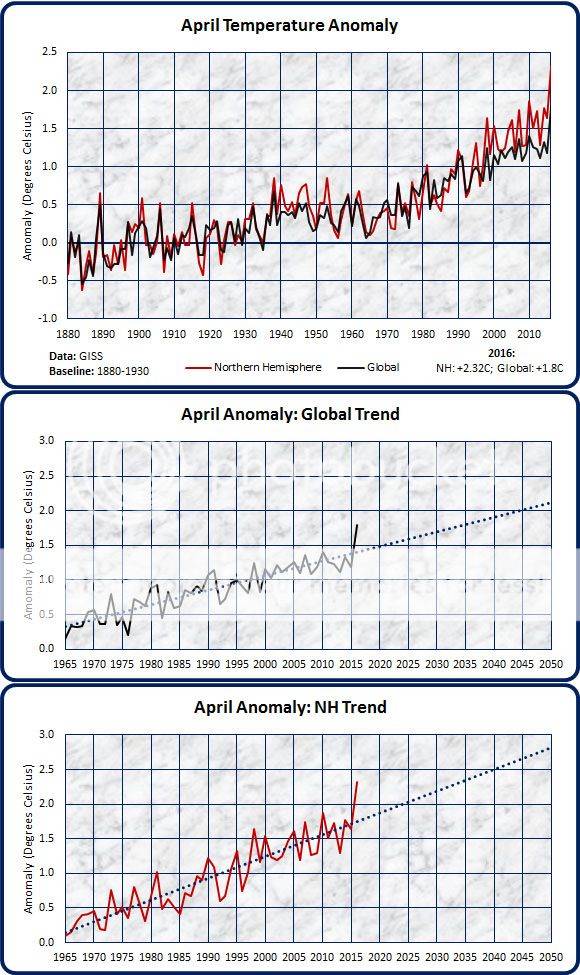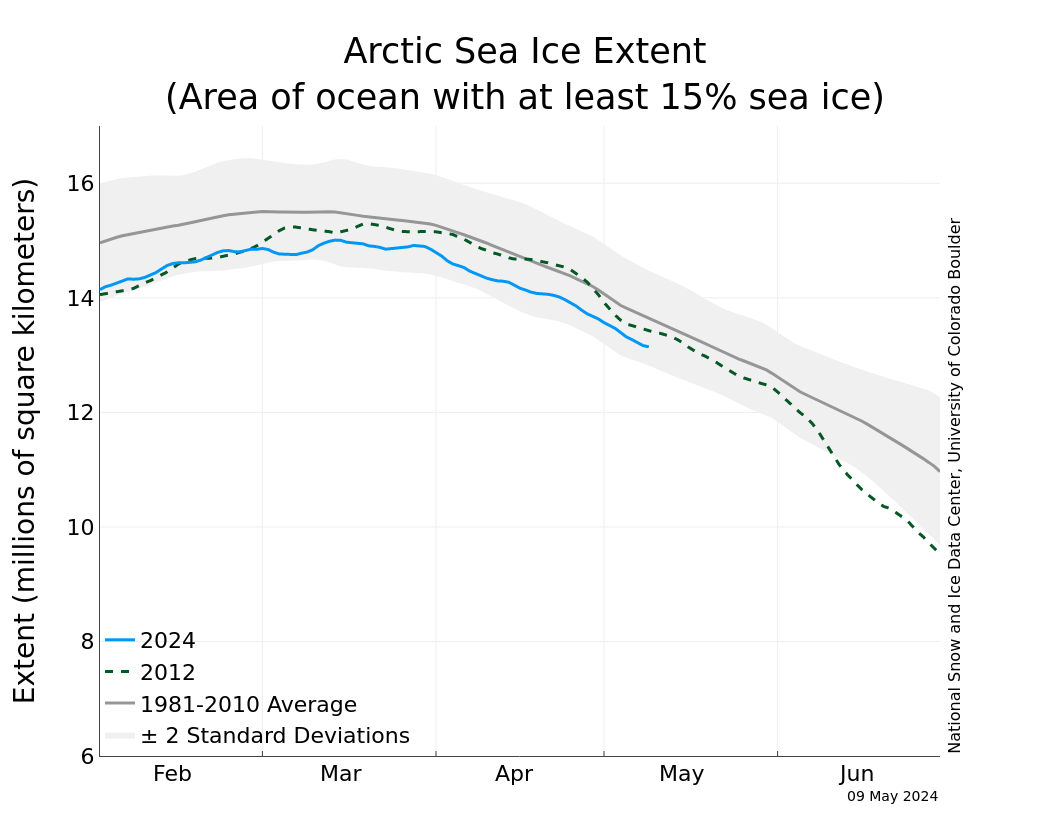- Mar 7, 2014
- 45,798
- 9,571
- 2,030
Jelly Sandwhich? That still leaves the Antarctic which is growing
But speaking of the Arctic, which varies greatly all throughout history, here is nice study on ice thickness, which goes on to explain, there is not a lot of information available.
Ice thickness in the Northwest Passage - Haas - 2015 - Geophysical Research Letters - Wiley Online Library
The Antarctic is doing the same thing. Yes, it's "growing", it's growing in the sense that there's less ice there too.
There might not be details of how many times polar bears fart in the Arctic, however, like I said, what you've said (and which you seem to have decided to not talk about in this post) is not actually true.
You're making claims which are not based on logic.
You're saying that because the Arctic ice is spread over a larger space, that this somehow means that global warming isn't happening.
Would you like to change your view now?



